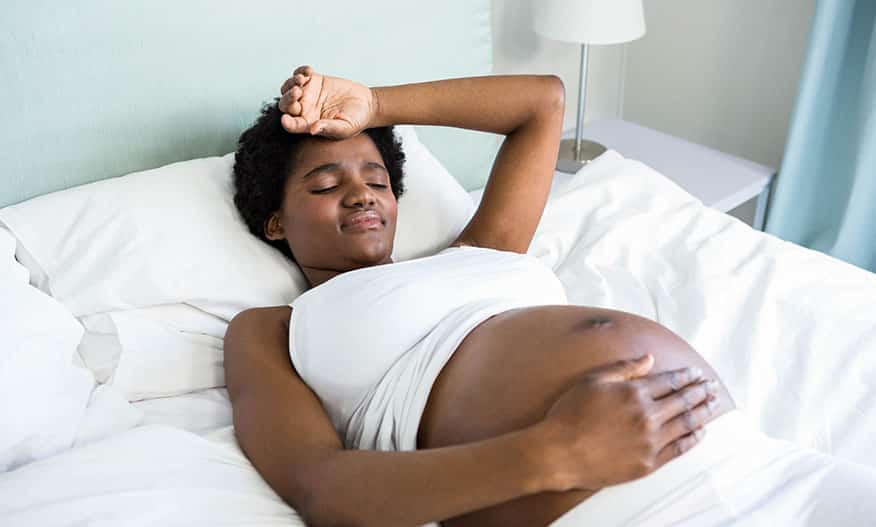Urine infections during pregnancy: why do they happen?

Many women suffer from the dreaded urine infections or cystitis during pregnancy. They are very common during this period for several reasons: the pH of the urine changes and becomes more alkaline; more proteins are eliminated in the urine, which favours the proliferation of bacteria; anatomical changes can also prevent complete emptying of the bladder, which can cause reflux and lead to infection.
It’s essential to treat such infections quickly and effectively, as there are serious risks to for the baby, such as uterine contractions, growth retardation or even preterm birth.
As always in these cases, there are risk factors that we can minimise:
- Make sure you clean yourself well after going to the toilet (always wiping from front to back).
- Having had infections before.
- Having diabetes.
- Sexual intercourse. Try to pee after sexual activity to reduce the risk of cystitis.
During pregnancy you could have an infection but no symptoms, so it’s recommendable to have urine tests regularly. Your doctor or midwife will monitor you.
The symptoms are unmistakeable:
- Pain or burning when you pee.
- A feeling of constantly needing to pee, even when you don’t actually need to.
- Discomfort in the area of the pubic bone, with a feeling of pressure.
- Your urine may be cloudy or even slightly bloody.
If you have any of these symptoms, see your doctor as soon as possible so that you can start treatment, usually with antibiotics.
Here are some other recommendations that will help prevent relapses:
- Drink plenty of water throughout the day.
- Go to the toilet as soon as you feel the need to pee.
- Use specific intimate hygiene products.
- Drink cranberry juice, eat dried cranberries or take cranberry tablets. They’re very effective for preventing cystitis.
Publicado el 29 May, 2018
